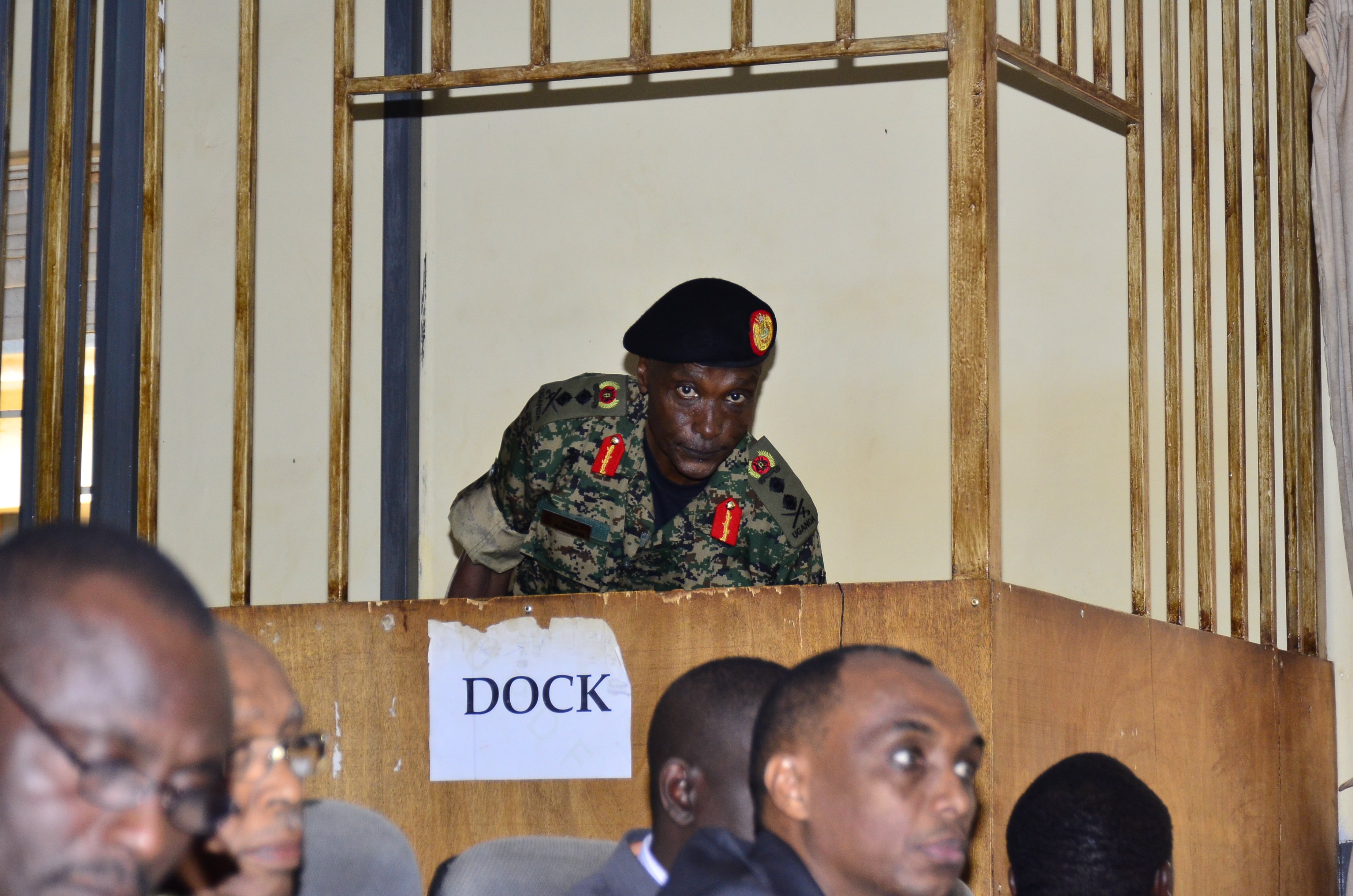Prime
The fall, rise of Gen Kayihura

Author: Phillip Matogo. PHOTO/FILE
What you need to know:
- ‘‘He chose the thorny path of path and this served as an earnest of things to come”
On Monday afternoon, it was reported that President Museveni, in his capacity as commander-in-chief, cleared former Inspector General of Police, Gen Edward Kale Kayihura, for retirement from active service in the army.
“HE the President of the Republic of Uganda and commander-in-chief of the Uganda People’s Defence Forces (UPDF) has approved the retirement of 110 officers and senior officers from the UPDF,” army spokesperson Brig Felix Kulayigye said in a statement that set Kayihura free, as it were.
This means the charges against Gen Kayihura have been dropped and he is among the 11 generals to retire from the army next month.
Kayihura, 67, allegedly went rogue by enabling Abdullah Kitatta, the odious patron of the Boda Boda 2010 Association, to transgress law and good taste.
Furthermore, Kayihura was accused of twisting the lion’s tail (a variation on Mr Museveni’s curious warning about the leopard’s rear) through his arcane associations with Rwanda.
That said, I must confess that when it comes to Gen Kayihura, it is hard for me to remain objective.
Anybody who read William Pike’s book, Combatants: A memoir of the Bush War and the press in Uganda, will know that my late father, Ben Matogo, recruited Gen Kayihura into the “struggle” and was thus his “mentor” (Pike’s word).
This recruitment happened in London, England, when I was young child too wet behind the ears to realise something ground-breaking was afoot.
Later, while I was at university, I met Kayihura again through his cousin, once removed, and one of my closest friends, the late Trevor Kaita.
By this time, I was old enough to critically observe “Uncle Edward”.
Taking his measure, I felt he was a humble if socially awkward fellow who came across more as an intellectual who belonged to the quiet pastures of academia.
Instead, however, he chose the thorny path of politics and this served as an earnest of things to come. Because Kayihura had chosen tempest over temperament, and this could only end badly.
He thereby became too powerful and soon descended to the dark underbelly of Ugandan politics.
To me, his descent was a sign of how power can unleash the savagery of man, even of among the best of us, if it goes unchecked.
When given unbounded power, all of us are like the fabled Icarus of Greek Mythology. According to this mythology, Daedalus, a mythical inventor, created wings made of feathers and wax to escape from Crete where he and his son, Icarus, were held captive by King Minos.
Icarus, however, ignored Daedalus’ warnings and flew too close to the sun. His wings melted and he fell into the sea where he met his end.
Metaphorically speaking, Kayihura’s and our own wax wings enable us to soar in such a manner that we often forget that a man should not only be defined by his possibilities, but also his limitations.
This is the essence of our political values: delimiting our unlimited yearnings to take flight towards the sun of our burning ambitions.
Indeed, without values we lack direction as our moral compasses are substituted by advantage-taking, even at the expense of our fellow beings.
Kayihura lost his values, choosing to whet his appetite for power as he gave free rein to his growing egomania.
And, like Icarus, he became a cautionary tale.
We hope that when he gets a second chance to exercise power, and that time is coming, he will return to the humility of his formative years when he and my late father believed in more than just power.
Mr Matogo is a professional copywriter
[email protected]




